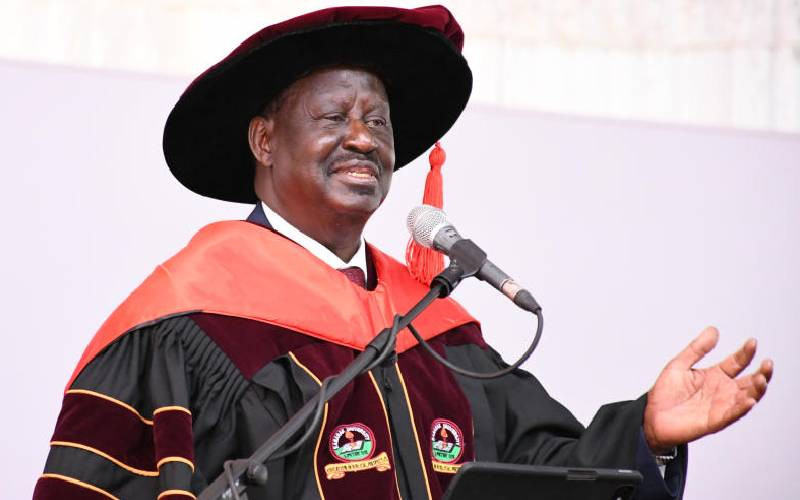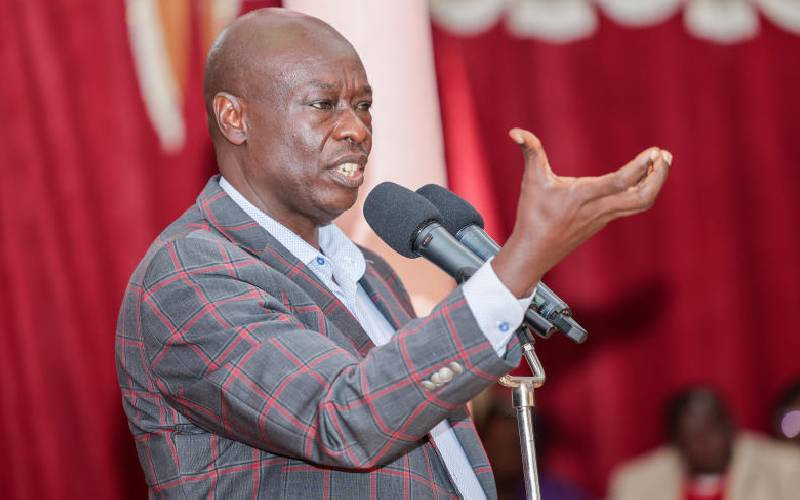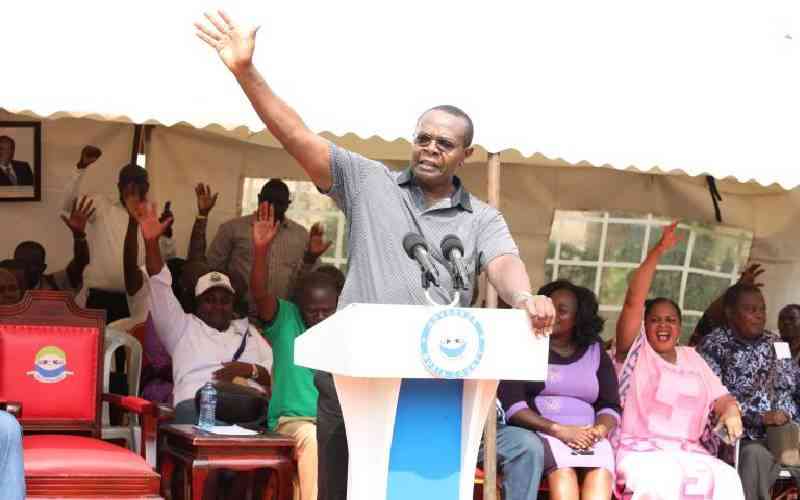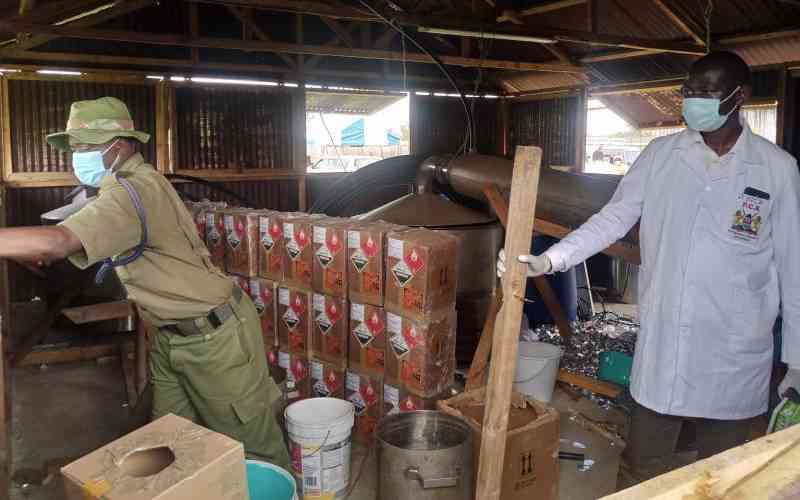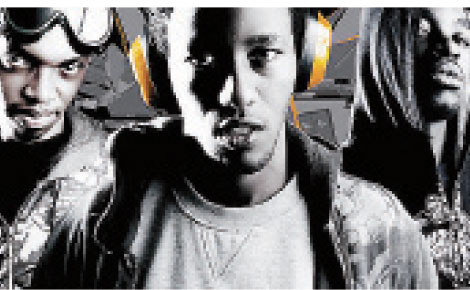 |
|
Just a band. (Photo:Courtesy) |
By John Kariuki
For five days last week, a select group of artistes from four African countries assembled for an experimental project mooted to celebrate the diversity of modern global urban music at the Nairobi Goethe Institute.
They were Just a Band from Nairobi, Afrologic from Lagos, DJ Satellite from Luanda and Trust The DJ from Johannesburg. Together, they undertook a journey through all genres in urban African music – Kuduro, Kwaito, Afro Beat, Dub and others.
The event was a follow up to a similar one held last year in April, which brought together artistes from 10 cities in Africa and Europe – Nairobi, Lagos, Johanesburg, Cairo, Luanda, Bristol, Berlin, Kiev, Naples, and Lisbon. The event led to the formation of music without borders concept.
Though still forming, project coordinator Moritz Kaspar is excited about what the event has achieved so far and predicts good returns.
“It was exciting to hear the cross cultural influences melt into new formations and we are looking forward to a landmark production on conclusion of the project’’ said Kaspar.
The project will culminate in an album and live concert in Berlin in October, where the music will be put to test before a live audience. It will become the first such project to be initiated in Africa, bringing a new level of music experimentation to the world podium.
The music project runs concurrently with the screening of a film series dubbed Ten Cities Music Film Screening, inspired by the works of a London film maker who explored the trend in clubbing between 1988-2000.
A Nairobi aspect is featured with stories from the club scene and their relation to the socio-politico scene in the city. The film portrays the factors that drive club scene way beyond the obvious aspects of entertainment and its more underlying role in shaping and defining attitudes.
“It could be unifying in terms of bringing people together or a form of segregation where class prejudices are compounded with clearly indicated exclusionist tendencies that favour certain kinds of patrons through class or other biased considerations,” Kaspar says.
He considers Nairobi as perfect for the project due to its diverse nature as a melting pot of global cultures that is well reflected in the club, music and social scenes.
“I hear all genres of global urban music in Nairobi and I am impressed by the sheer diversity of music played in the club and band scene,’’ he says.
Unlike the maiden project, the second workshop was exclusive to African artistes. Kaspar says that the narrower the cultural gap, the more likelihood of creating music that jells. This, he says, made him stick to only four African countries this time round. “All that is required is to fine tune and get them to work much more closely’’ said Kaspar.
But he still likes the concept of African artistes working with their European counterparts, bringing out strong influences of their cross cultural ingredients.
Stay informed. Subscribe to our newsletter
 The Standard Group Plc is a
multi-media organization with investments in media platforms spanning newspaper
print operations, television, radio broadcasting, digital and online services. The
Standard Group is recognized as a leading multi-media house in Kenya with a key
influence in matters of national and international interest.
The Standard Group Plc is a
multi-media organization with investments in media platforms spanning newspaper
print operations, television, radio broadcasting, digital and online services. The
Standard Group is recognized as a leading multi-media house in Kenya with a key
influence in matters of national and international interest.
 The Standard Group Plc is a
multi-media organization with investments in media platforms spanning newspaper
print operations, television, radio broadcasting, digital and online services. The
Standard Group is recognized as a leading multi-media house in Kenya with a key
influence in matters of national and international interest.
The Standard Group Plc is a
multi-media organization with investments in media platforms spanning newspaper
print operations, television, radio broadcasting, digital and online services. The
Standard Group is recognized as a leading multi-media house in Kenya with a key
influence in matters of national and international interest.



